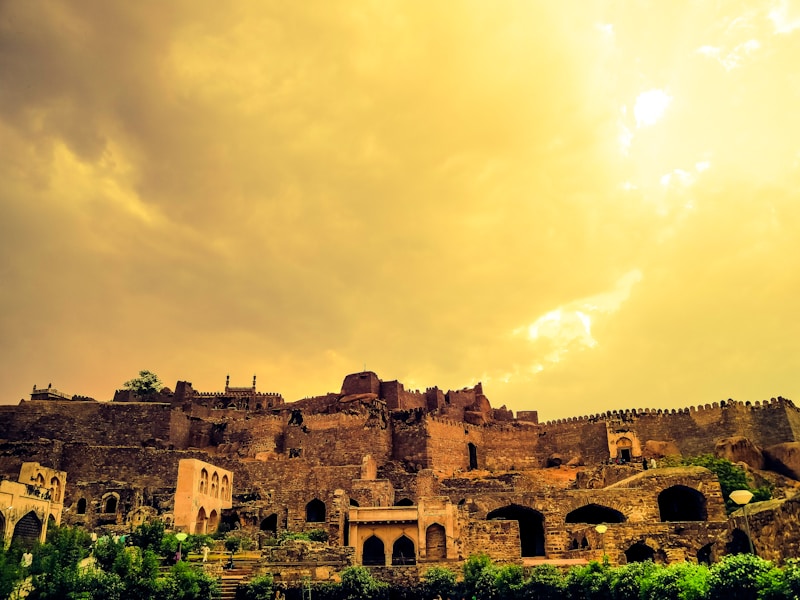Questions and Answers
What was the indirect goal of Gandhi's last hunger strike?
To pressure India to pay out some cash assets owed to Pakistan
When did Gandhi return to India?
1915
What did Gandhi adopt as a mark of identification with India's rural poor?
A short dhoti woven with hand-spun yarn
Study Notes
- Mahatma Gandhi was born on October 2, 1869 in the coastal town of Porbandar in Gujarat, India.
- He trained as a lawyer and was called to the bar in 1891.
- Gandhi moved to South Africa in 1893 to represent an Indian merchant in a lawsuit.
- He lived in South Africa for 21 years.
- During this time, he raised a family and first employed nonviolent resistance in a campaign for civil rights.
- In 1915, aged 45, he returned to India and soon set about organising peasants, farmers, and urban labourers to protest against excessive land-tax and discrimination.
- Gandhi assumed leadership of the Indian National Congress in 1921.
- He led nationwide campaigns for easing poverty, expanding womens rights, building religious and ethnic amity, ending untouchability, and, above all, achieving swaraj or self-rule.
- Gandhi adopted the short dhoti woven with hand-spun yarn as a mark of identification with Indias rural poor.
- He began to live in a self-sufficient residential community, to eat simple food, and undertake long fasts as a means of both introspection and political protest.
- In the months following, he undertook several hunger strikes to stop the religious violence.
- The last of these, begun in Delhi on January 12, 1948, had the indirect goal of pressuring India to pay out some cash assets owed to Pakistan.
- Gandhi died on January 30, 1948.
Studying That Suits You
Use AI to generate personalized quizzes and flashcards to suit your learning preferences.
Description
Test your knowledge about the life and contributions of Mahatma Gandhi, a key figure in India's struggle for independence and a proponent of nonviolent resistance. Learn about his early life, time in South Africa, leadership of the Indian National Congress, and his impactful campaigns for civil rights, poverty alleviation, and self-rule.



